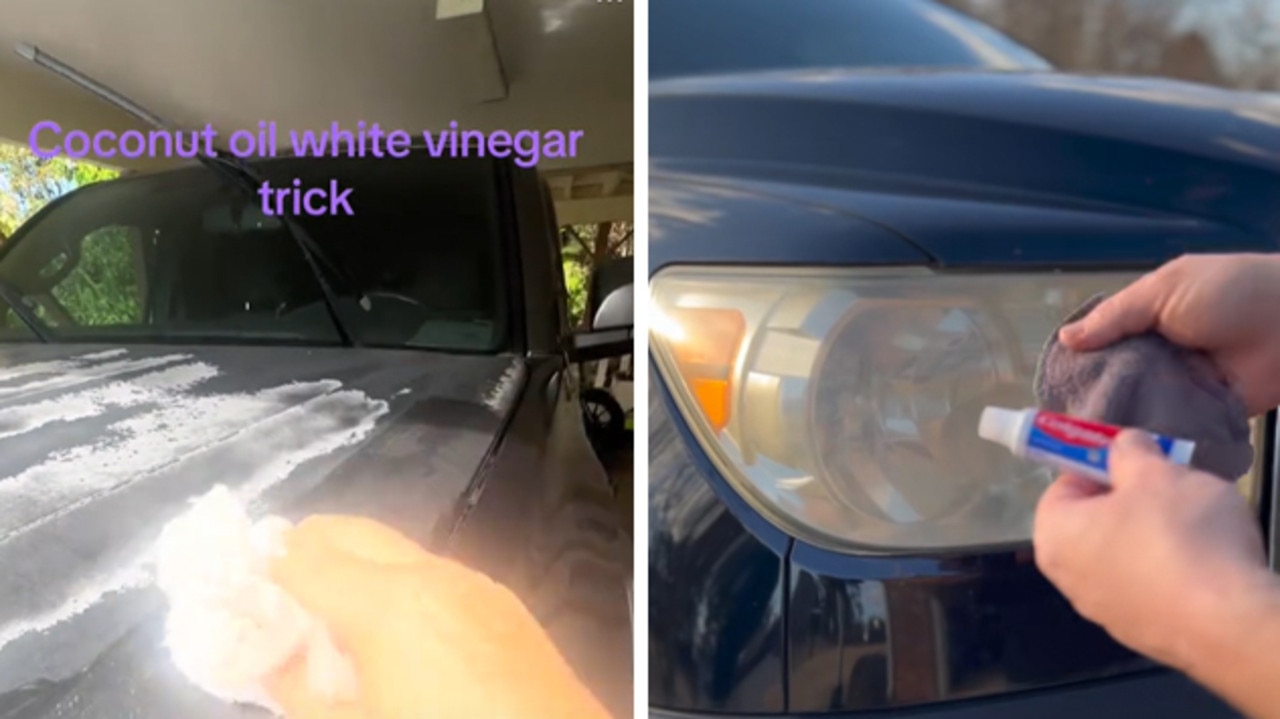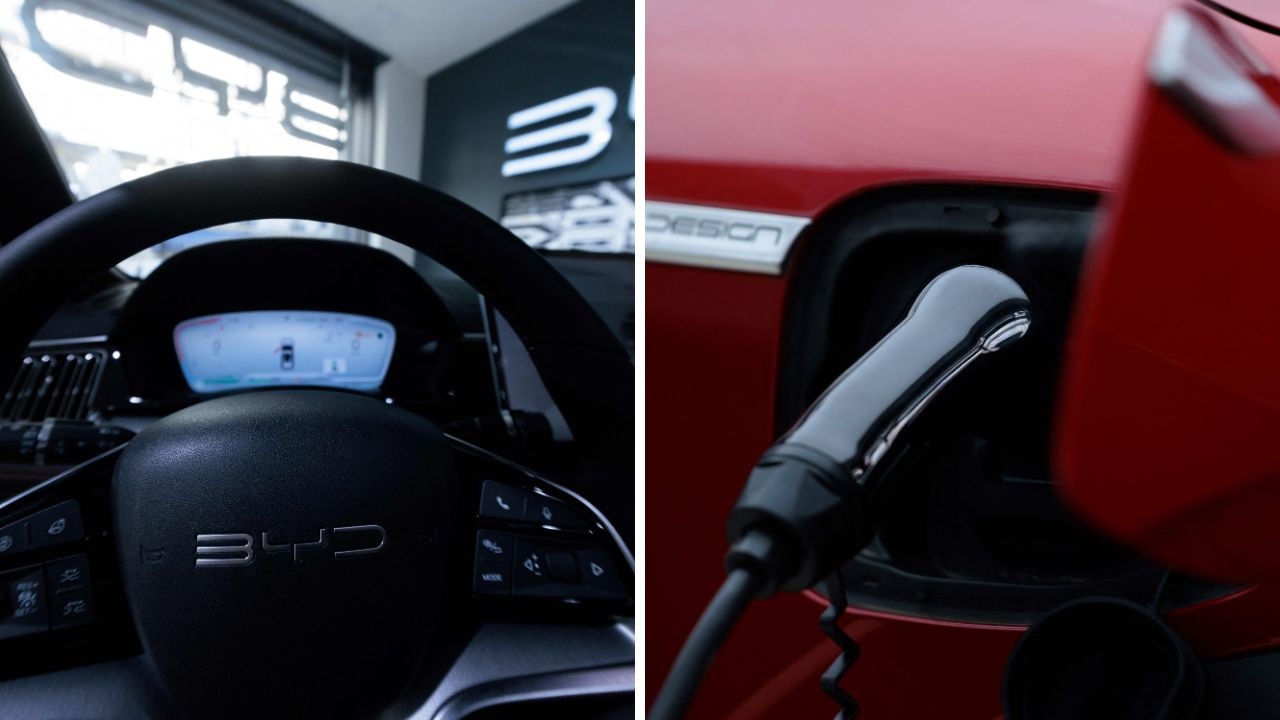Tradies warned not to use work vehicles for camping trips
More and more Australians are buying 4WD utes as family vehicles but there are some potential pitfalls if they are registered for work use.
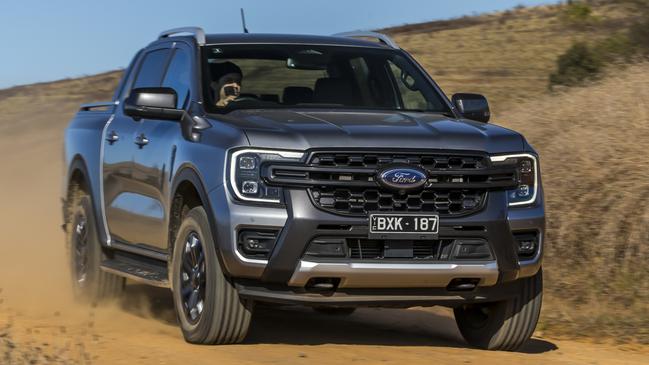
Car Advice
Don't miss out on the headlines from Car Advice. Followed categories will be added to My News.
Tradies using their work vehicles for private purposes are in the sights of the Australian Taxation Office, as sales of 4WD utes continue to climb.
Under current laws, businesses are exempt from paying fringe benefits tax when they provide a work ute to their employees.
The exemption can mean thousands of dollars in savings over a typical vehicle lease, making an $80,000 ute cheaper to lease than a $55,000 SUV.
But there are strict rules that apply to private use of the vehicle.
“There is a myth out there that FBT doesn’t apply to dual-cab utes. While there is an FBT exemption for eligible commercial vehicles this only applies when private use is limited,” a spokesperson said.
The tax office’s definition of “limited” use includes travel between home and work and non-work travel that is “minor, infrequent and irregular”.
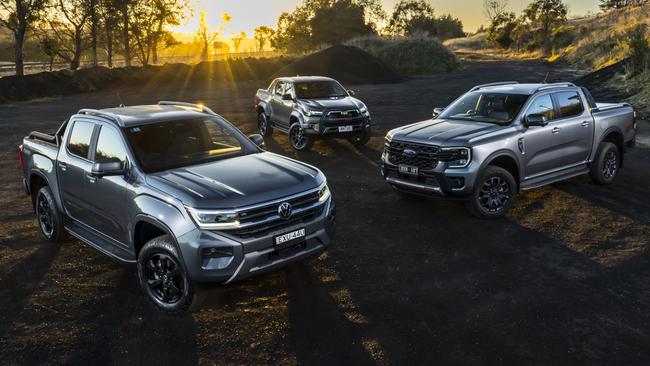
“If you or your employees drive the work ute to weekend footy matches, towing the boat to go fishing on Sundays, or going on camping trips, it’s likely you’ll go above and beyond the definition of limited private use,” the office said in a recent statement.
The tax office uses third party data sources, including motor vehicle registry information, to check for compliance and warns “penalties may apply”.
A spokesperson said utes were “one of our focus areas for FBT reviews and audits”.
Utes sales have grown over the past decade as more people use them as dual-purpose vehicles, mixing work use with family duties on the weekends.
The Toyota HiLux has been the country’s best selling vehicle for the past seven years, while the Ford Ranger is the number two seller.
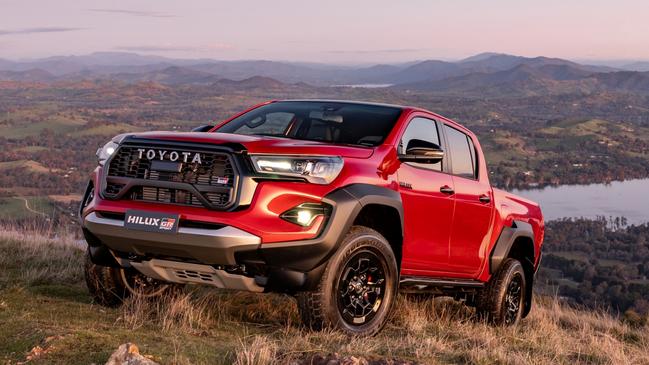
One car industry executive, who declined to be named, said the exemption was driving the growth in ute sales.
“A lot of people who are driving dual-cab utes are doing so using that FBT exemption, which is, I think, a big part of the reason why the Ranger and the HiLux are top of the sales list. If you can access FBT exemptions it’s cheaper to get an $80,000 dual-cab ute than to get a $55,000 SUV even if you don’t actually need it,” he said.
While in the past utes had hose-out interiors and few creature comforts, they are now more like passenger cars.
They also have pricetags to match. Top-end versions of the HiLux and Ranger cost between $80,000 and $90,000, while the new breed of high-end American-style pick-ups command six-figure sums.
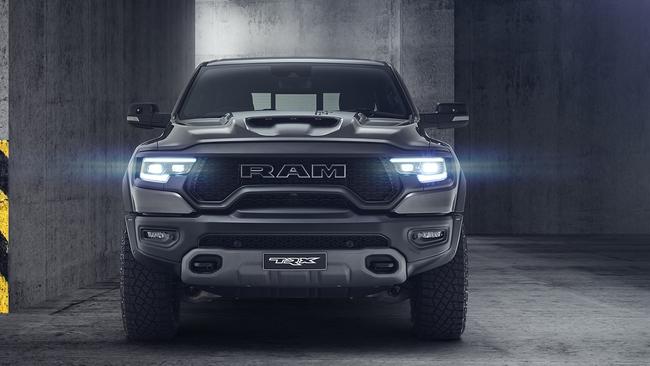
Utes also do not attract the luxury car tax (LCT) that applies to SUVs and passenger vehicles.
The RAM 1500 TRX, which has a drive-away price of roughly $250,000 and has more power than a Lamborghini, is exempt from LCT.
A similarly priced luxury car would attract almost $50,000 in LCT.
The Treasury has defended its tax treatment of high-end utes.
“Commercial vehicles not designed for the principal purpose of carrying passengers, which may include certain utility vehicles, are not subject to LCT. Whether a car is a commercial vehicle for LCT purposes is determined objectively based on the car’s design, rather than how a particular operator intends to use the car in practice,” a spokesperson said.
The industry executive said the FBT and LCT tax policies were unlikely to change.
“Obviously the politics of removing it would be so fatal that it can never go,” he said.
Originally published as Tradies warned not to use work vehicles for camping trips


